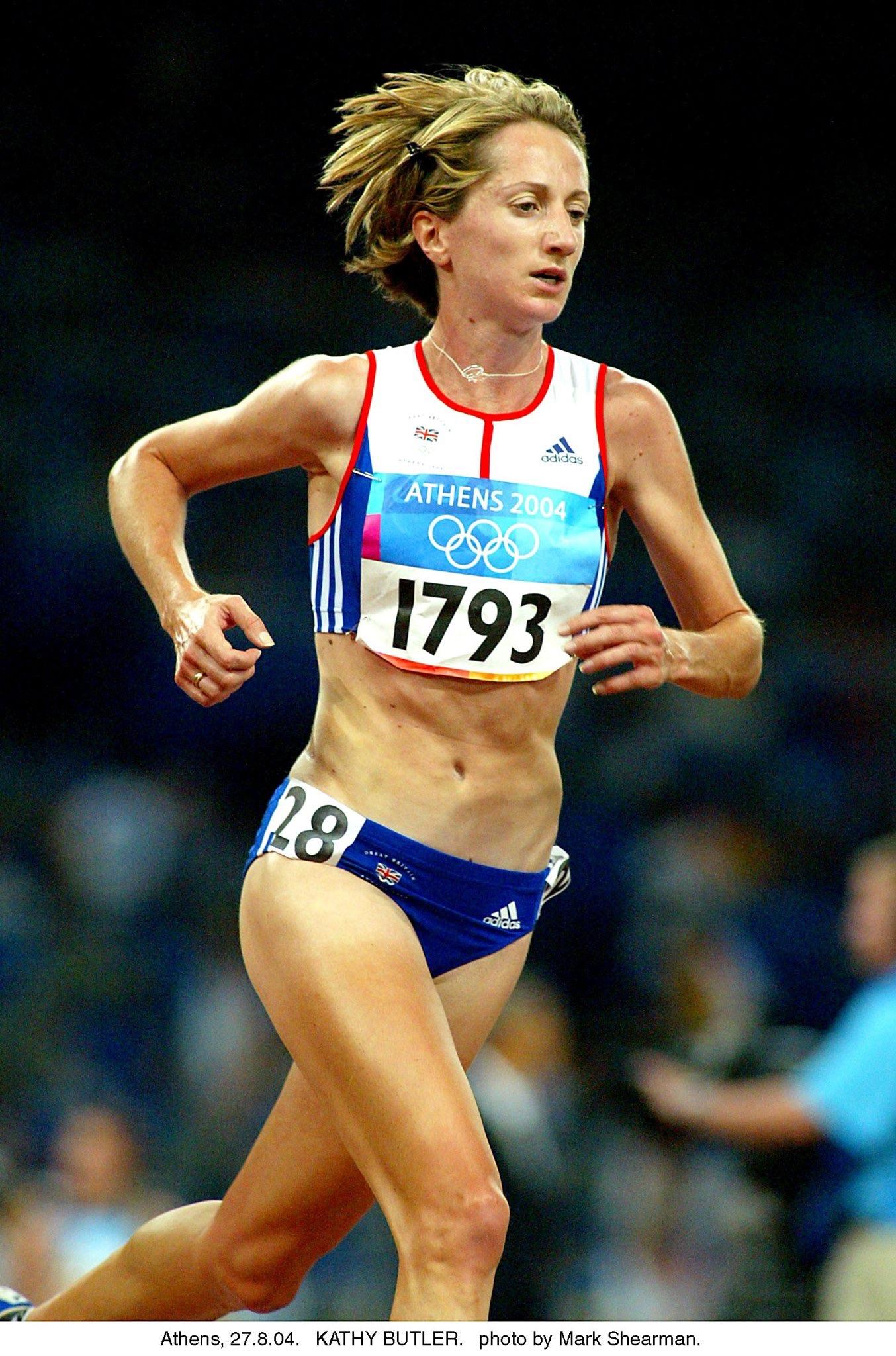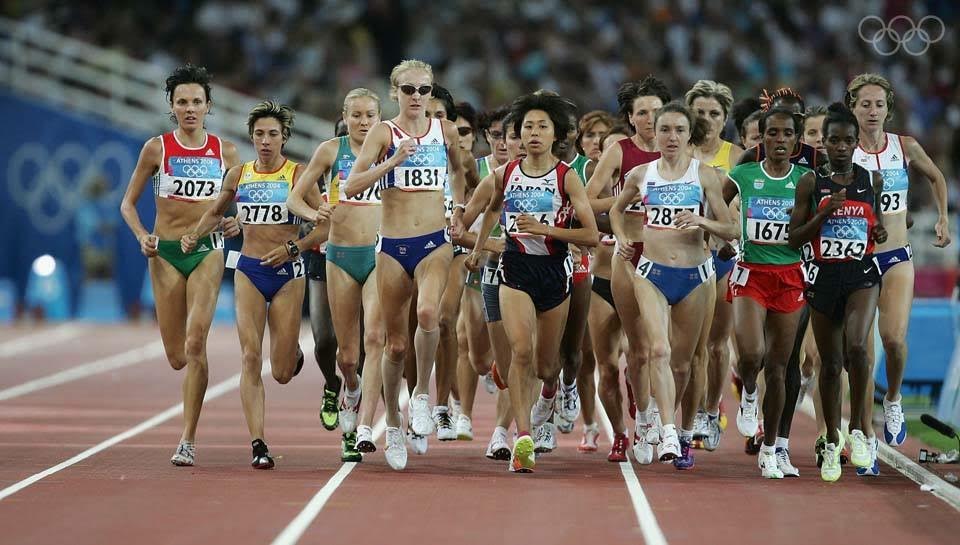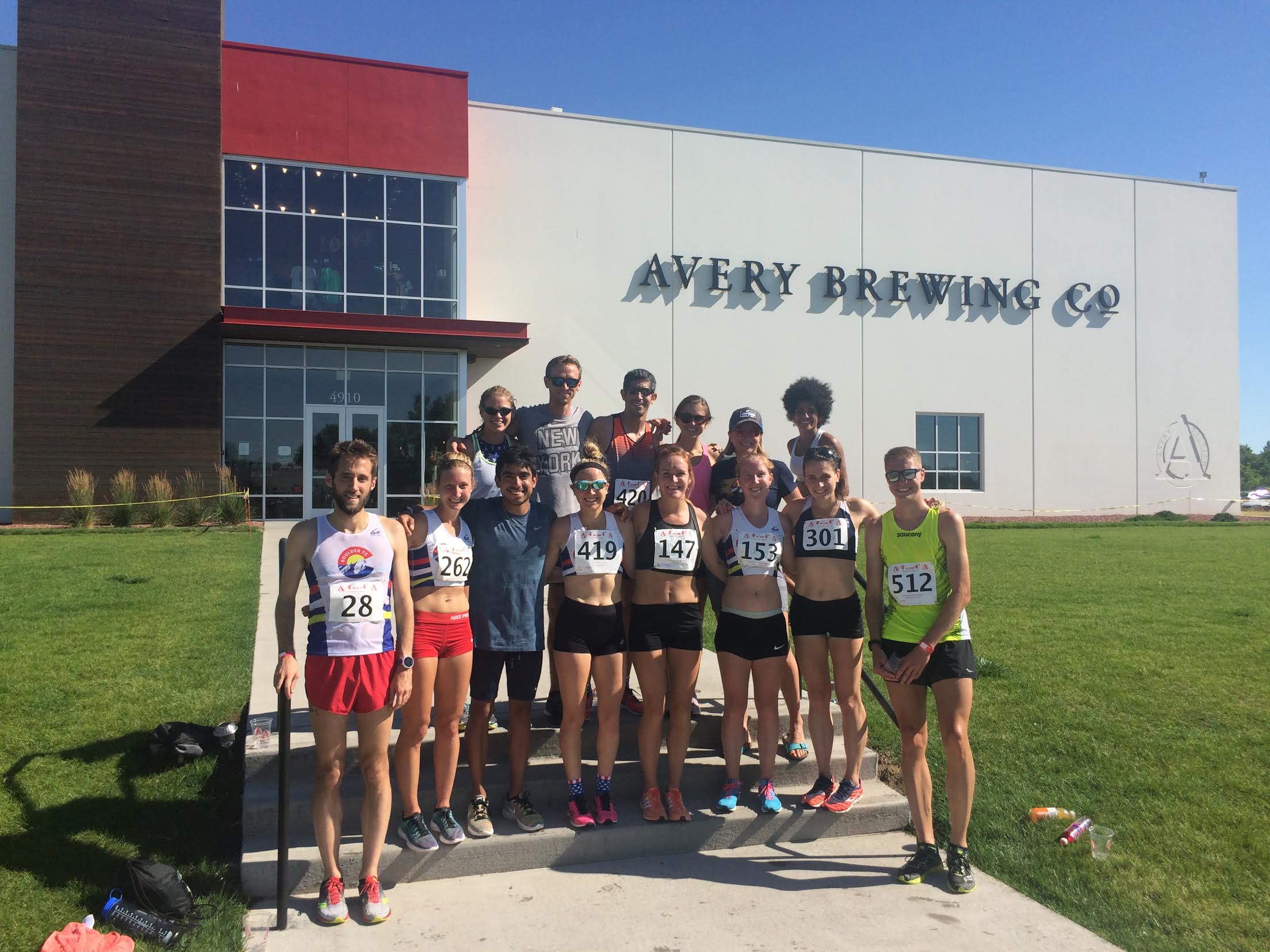1. What initially brought you into the sport of running?
At the age of 10 when I was living in England I ran a school 800m race on a grass track and won. That included beating all of the boys. I was hooked after that!
2. What were some of your career highlights in endurance sports?
12th place in the Olympic 10000m final in Athens, 2004 after winning the British Trials to make the team.
I have competed in 21 IAAF World Championships in Track and Field, Cross Country and Road Running including a 4th, 11th, and 12th place individual finishes and a team bronze at the World Cross Country Championships.
European Cup Champion in the 3000m in 2001.
5 time NCAA Champion in Cross Country, 3 x Outdoor track 3000m and Indoor DMR
3. What influenced your decision to begin coaching running athletes?
When I was at the University of Wisconsin the coaching staff used to call me Mamma But as I tried to take care of and help the other athletes on the team. My coach Peter Tegen encouraged me to pursue coaching and it was a good balance to my degree in Exercise Physiology. I was a volunteer coach at Wisconsin and Stanford while I was still competing as a professional athlete. That experience plus my experience as an athlete gave me the knowledge and desire to help more athletes. After Stanford I coached at Nederland High School where we won 12 State Championships both individual and team. I continued to work on my coaching education getting the highest credentials, IAAF Academy Level and USATF Level 3 as I like having as much knowledge as possible to complement my experience.
4. Do you have a favorite type of athlete to coach?
My favorite athlete is a committed athlete. Everyone comes to me with different goals and motivation but as long as they are committed and want to work together to reach their goals then I enjoy working with them. I find that the ‘high maintenance’ athlete is not a negative but a positive as they are detail oriented, give me lots of feedback and really want to perform to the best of their ability.
5. There are multiple coaching services here in Boulder. What separates your coaching services from others in the market?
My attention to the individual’s needs, athletic background, current fitness, current life stressors is something I take great pride in with my coaching. Of course, everyone knows you have to train hard to run well but this can look very different from one person to another. I have no cookie cutter plans, in fact everything is done on a weekly basis with a long range plans as the background. I’m often shifting things slightly to accommodate the individual. With my in person athletes that may even be based on something I see in the warmup or part way through the workout.
6. How important is strength training within your athletes’ training programs each week?
All of my athletes receive some form of strength program with their training. I think it is very important both from an injury prevention point of view and from a performance perspective. I have videos online and long lists of dynamic drills, strength exercises and mobility/balance exercises that are included at various times in training. With my Boulder Track Club Development Team we’ve taken this one step further and they meet with Kevin Purvis twice a week for strength and mobility work on top of the other things they are doing.
7. Do you have a favorite running workout?
As an athlete my favorite workouts were the peaking ones. They’re always really hard but when you’re ready for them they give you an huge amount of confidence. For example, 3 x 800m at 1500m race pace for a 1500m OR 2000m, 1000m, 1000m all out for 5000m or 10000m races. As a coach I still like these workouts but they don’t get used very often. Another favorite for marathon training is the long fartlek where you run at close to marathon pace but with pickups during the run to spice things up. I could talk training and favorite workouts for particular distances or events for hours!
8. If you could make one change to the sport of running what would it be?
I’m going to put 2 changes… 1. As a 100% clean athlete in an ideal world I would like to see a day of reckoning for all previous performances and then moving forward for the sport to be completely clean. 2. I would like to see more emphasis on education about RED-s (Relative Energy Deficiency in Sport) which incorporates the female athlete triad but involves a more complex picture of overtraining, compromised immune systems, endocrine and many other factors that can be used to be aware of athletes both men and women who are at risk for health problems and performance reductions.




